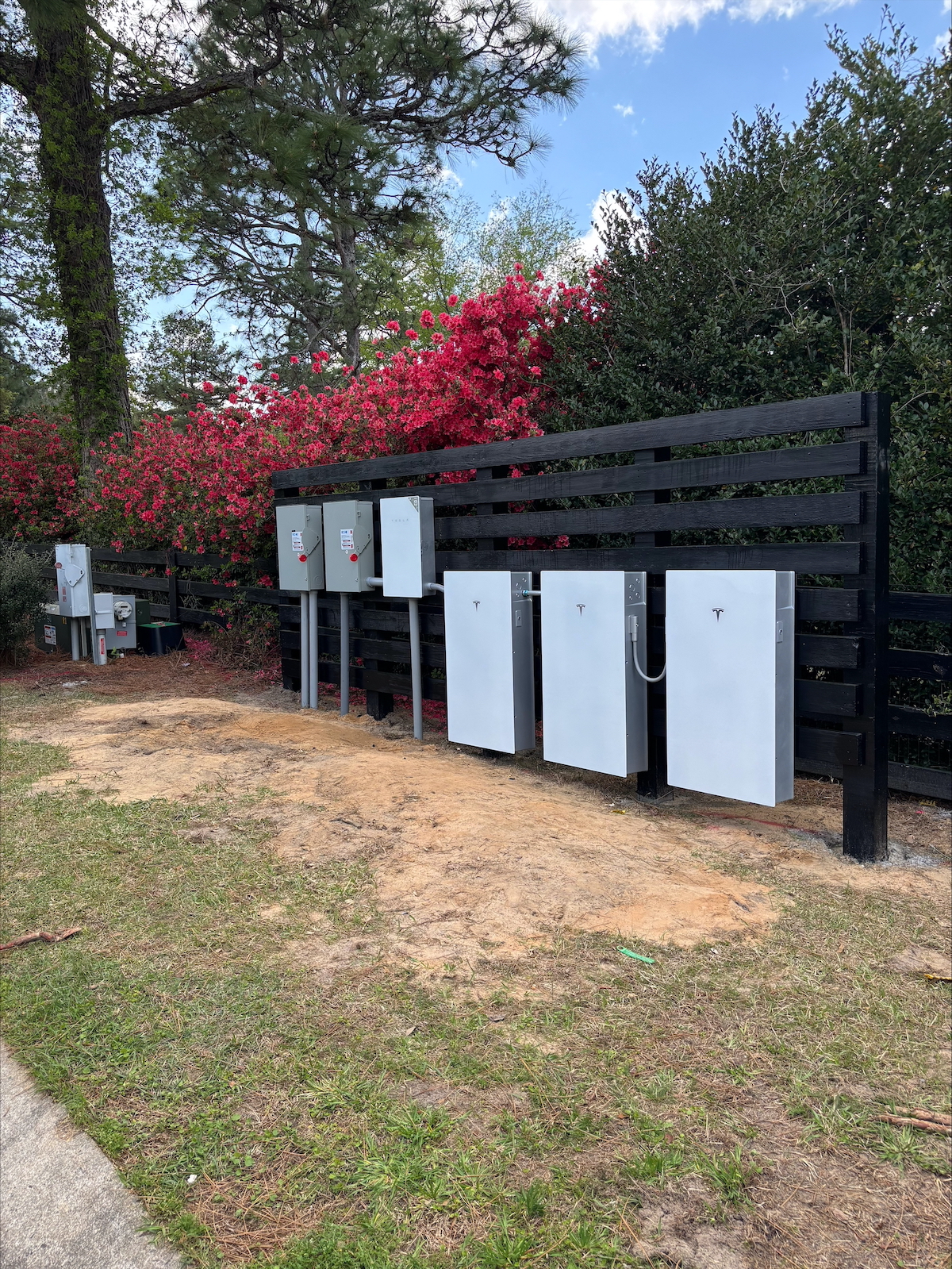By Donald Wright
Four months after the Civil War ended, a man named Jourdan Anderson responded to a letter from the person who had been his master when Anderson was enslaved in eastern Tennessee. The war had brought Anderson’s freedom, and he had relocated his family to Ohio. It was there that Anderson’s former master located him and wrote, asking him to return and work, this time for pay, and promising better treatment.
Anderson’s response, below, beautifully portrays the potential of those who had been enslaved as well as all that freedom meant to them.
Of course, nowhere in America are people more aware of this history — enslavement, war, freedom, and what Reconstruction did and did not achieve — than right here in Beaufort County, home of the Reconstruction Era National Historical Park, the Penn Center, and numerous sites of schools, churches, and other gathering spots of those who were creating new lives after the Civil War. Yet, with Black History Month upon us, these come up again as matters worthy of thoughtful reflection.
Dayton, Ohio, August 7, 1865
To My Old Master, Colonel P.H. Anderson,
Big Spring, Tennessee
Sir: I got your letter and was glad to find you had not forgotten Jourdan, and that you wanted me to come back and live with you again, promising to do better for me than anybody else can. I have often felt unease about you. I thought the Yankees would have hung you long before this for harboring Rebs they found at your house. I suppose they never heard about your going to Col. Martin’s to kill the Union soldier that was left by his company in their stable. Although you shot at me twice before I left you, I did not want to hear of your being hurt, and am glad you are still living. I would do me good to go back to the dear old home again and see Miss Mary and Miss Martha and Allen, Esther, Green, and Lee. Give my love to them all, and tell them I hope we will meet in the better world, if not in this. I would have gone back to see you all when I was working in the Nashville hospital, but one of the neighbors told me Henry intended to shoot me if he ever got a chance.
I want to know particularly what the good chance is you propose to give me. I am doing tolerably well here; I get $25 a month, with victuals and clothing; have a comfortable home for Mandy (the folks here call her Mrs. Anderson), and the children, Milly, Jane and Grundy, go to school and are learning well; the teacher says Grundy has a head for a preacher. They go to Sunday-School, and Mandy and me attend church regularly. We are kindly treated; sometimes we overhear others saying, “Them colored people were slaves” down in Tennessee. The children feel hurt when they hear such remarks, but I tell them it was no disgrace in Tennessee to belong to Col. Anderson. Many darkies would have been proud, as I used to was, to call you master. Now, if you will write and say what wages you will give me, I will be better able to decide whether it would be to my advantage to move back again.
As to my freedom, which you say I can have, there is nothing to be gained on that score, as I got my free-papers in 1864 from the Provost-Marshal-General of the Department at Nashville. Mandy says she would be afraid to go back without some proof that you are sincerely disposed to treat us justly and kindly—and we have concluded to test your sincerity by asking you to send us our wages for the time we served you. This will make us forget and forgive old scores, and rely on your justice and friendship in the future. I served you faithfully for thirty-two years and Mandy twenty years. At $25 a month for me, and $2 a week for Mandy, our earnings would amount to $11,680. Add to this the interest for the time our wages has been kept back and deduct what you paid for our clothing and three doctor’s visits to me, and pull a tooth for Mandy, and the balance will show what we are in justice entitled to. Please send the money by Adams Express, in care of V. Winters, esq, Dayton, Ohio. If you fail to pay us for faithful labors in the past we can have little faith in your promises in the future. We trust the good Maker has opened your eyes to the wrongs which you and your fathers have done to me and my fathers, in making us toil for you for generations without recompense. Here I draw my wages every Saturday night, but in Tennessee there was never any pay day for the negroes any more than for the horses and cows. Surely there will be a day of reckoning for those who defraud the laborer of his hire.
In answering this letter please state if there would be any safety for my Milly and Jane, who are now grown up and both good-looking girls. You know how it was with poor Matilda and Catherine. I would rather stay here and starve and die if it comes to that then have my girls brought to shame by the violence and wickedness of their young masters. You will also please state if there has been any schools opened for the colored children in your neighborhood, the great desire of my life now is to give my children an education, and have them form virtuous habits.
P.S.—Say howdy to George Carter, and thank him for taking the pistol from you when you were shooting at me.
From your old servant,
Jourdan Anderson
Donald R. Wright is a Distinguished Teaching Professor of History, Emeritus, at SUNY-Cortland. In 2005-06 he held the Mark Clark Chair of History at The Citadel. He is author of books on African, African-American, and Atlantic histories. Don and his wife Doris live in Beaufort.









